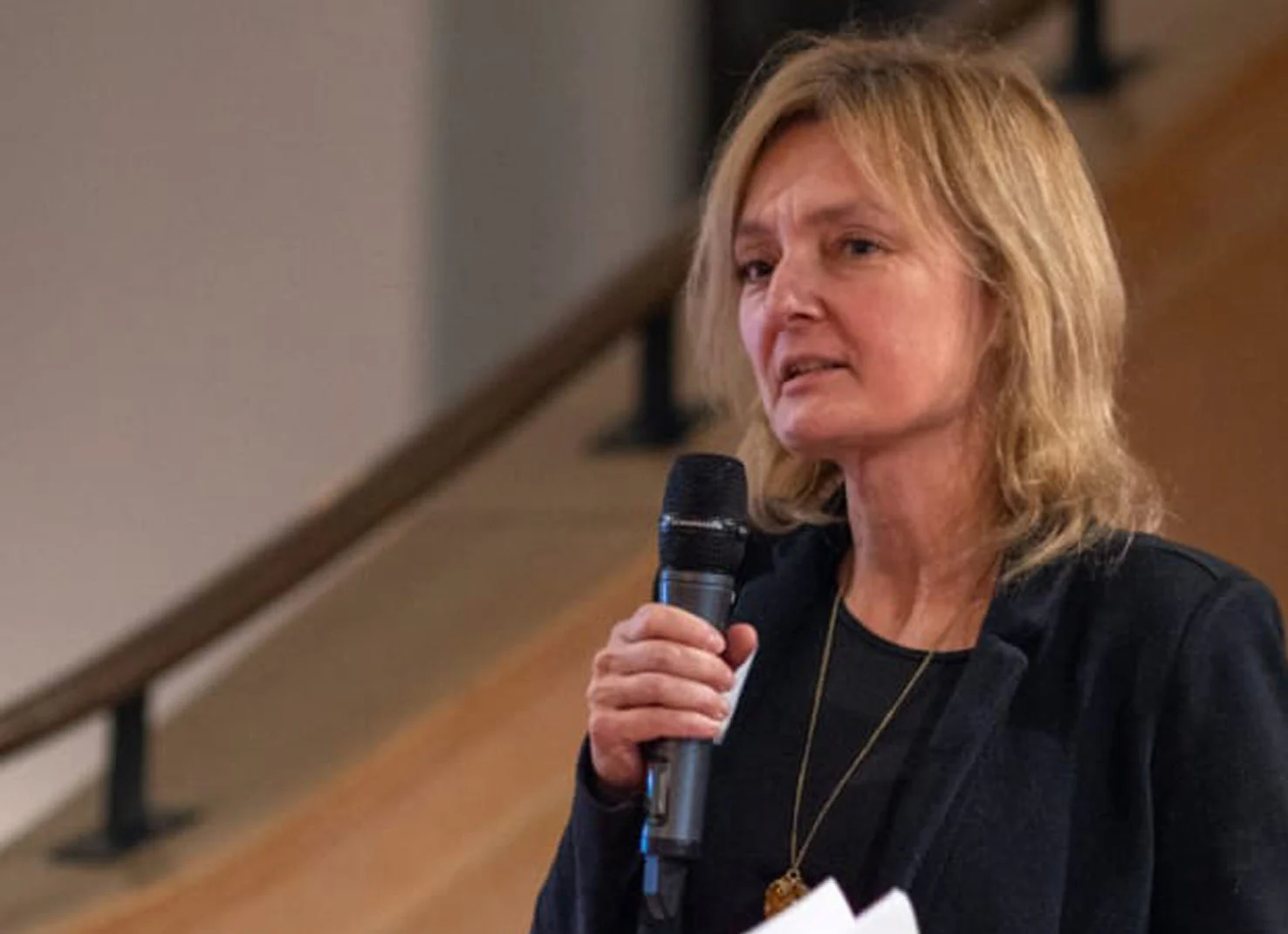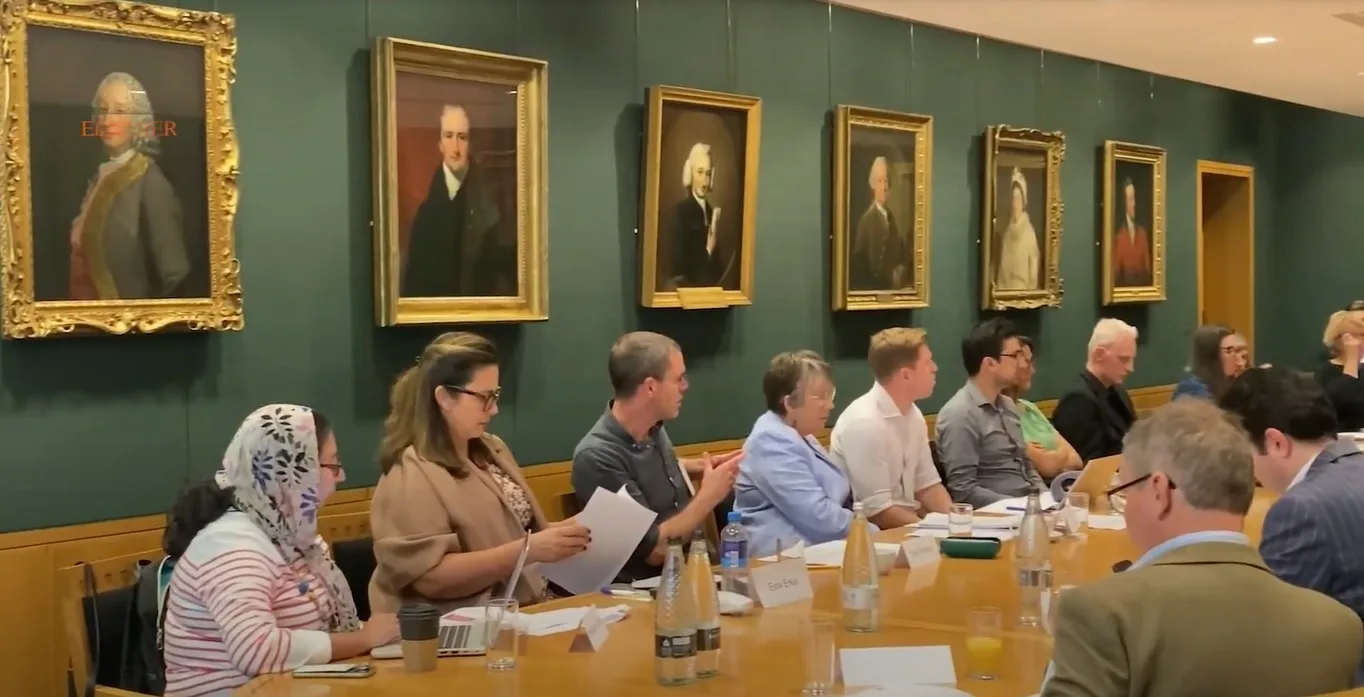
Confidence in Research: UK roundtable with Sense about Science
The UK Confidence in Research roundtable explored the post-COVID research landscape, focusing on trust, collaboration, and systemic change.
Key points:
Scrutiny matters: The pandemic emphasized the need for expert review before research influences public policy
Social media risks: Accessibility can undermine trust and deter researchers from controversial topics
Systemic change: Aligning research culture with public trust and quality is essential for progress
The bottom line: Building confidence in research requires collaboration, transparency, and addressing challenges posed by social media and systemic barriers.
Confidence in Research: UK roundtable with Sense About Science

Watch now
|
Confidence in Research: UK roundtable with Sense About Science
Video transcript
Robin Brooker, PhD student, University of Essex: "As a researcher, I tend to look closely at the research. So I would look at the method sections, whether the research was pre-registered, whether there's a publicly available protocol."
Lucja Kostrzewa, Intern, Sense About Science: "I actually think about that a lot as a tutor in paper critique. I would definitely look for peer review as a concept. Also, statistics play a great part in whether I consider a piece of research reliable or not."
Clare Viney, Chief Executive CRAC/Vitae: "My motivation for being here today and to understand the results of this really interesting survey is to find out really what the temperature is amongst the UK research community. Post-COVID, there's a lot of discussion going on around how we can support researchers to be open, collaborative, to be the best that they can be, and so I'm really excited to understand what you found.
Lucja Kostrzewa: "I think the pandemic has influenced the amount of scrutiny that we place on studies that are then used to make policy decisions. So it definitely highlighted how important it is for a body of experts to look at a piece of research before it is used to influence public life. It's a great time to be a researcher. However, the accessibility of social media has a real risk, I think, for undermining that trust and public confidence and also putting researchers off going into what could potentially be controversial research areas and topics.
"I'm working for Sense About Science, and this is because I'm interested in improving the research culture and the confidence in research. I've realized that it's not enough to just do my little part. I want to be a part of the systemic change in academia, and I would like to see how that works."
Robin Brooker: "There's an alignment there between my research and the aims of the discussion today, the work of Economist Impact, and how we kind of work towards that joint aim of increasing confidence in science and, by extension, increasing the trustworthiness and also the quality of research."
Explore the discussion further
While this discussion is just one part of a much broader collaboration, there is a clear consensus that the pandemic was the catalyst, raising questions over the way scientists and researchers both conduct and communicate their work.